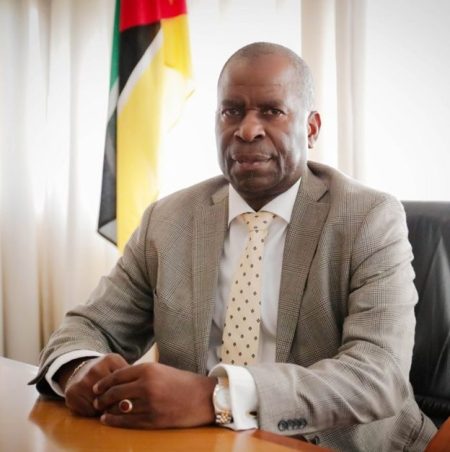
18 June 2017, Tunis — Protesters blockading oil and gas fields in southern Tunisia have reached an agreement with the government to end a sit-in and allow production to restart immediately, the government and protesters said on Friday.
Protests over jobs in southern Tataouine and Kebili provinces hit oil and gas production in a region where French company Perenco and Austrian producer OMV operate. The deal calls for jobs in oil companies and development projects.
Labour Minister Imed Hammami told a press conference the agreement would allow production to restart immediately.
“It is an agreement that addresses all our demands for the region and we will end the sit-in,” Tarek Haddad, one of the protest leaders at the Kamour site told Reuters.
The deal calls for 1,500 jobs in oil companies, a budget of 80 million dinars ($32.66 million) for a development fund and another 3,000 jobs in environmental projects.
Protesters were pressing demands for jobs and a share of the country’s energy wealth and forced the closure of two oil and gas pumping stations in Kamour in Tatatouine and in Kebili.
At Kamour, they had shut down the Vana pumping station, affecting around 40 percent of Tunisia’s energy production. Tunisia only produces around 44,000 barrels per day, but the protests hit foreign companies.
The closures were another challenge to Prime Minister Youssef Chahed’s government as it tries to push economic reforms and consolidate Tunisia’s democracy six years after a revolt ended the autocratic rule of Zine El-Abidine Ben Ali.
Southern and central regions have erupted into protest several times since the 2011 uprising with many unemployed youths saying the fall of Ben Ali and their new democracy brought little economic opportunities for them.
*Tarek Amara; Patrick Markey – Reuters



